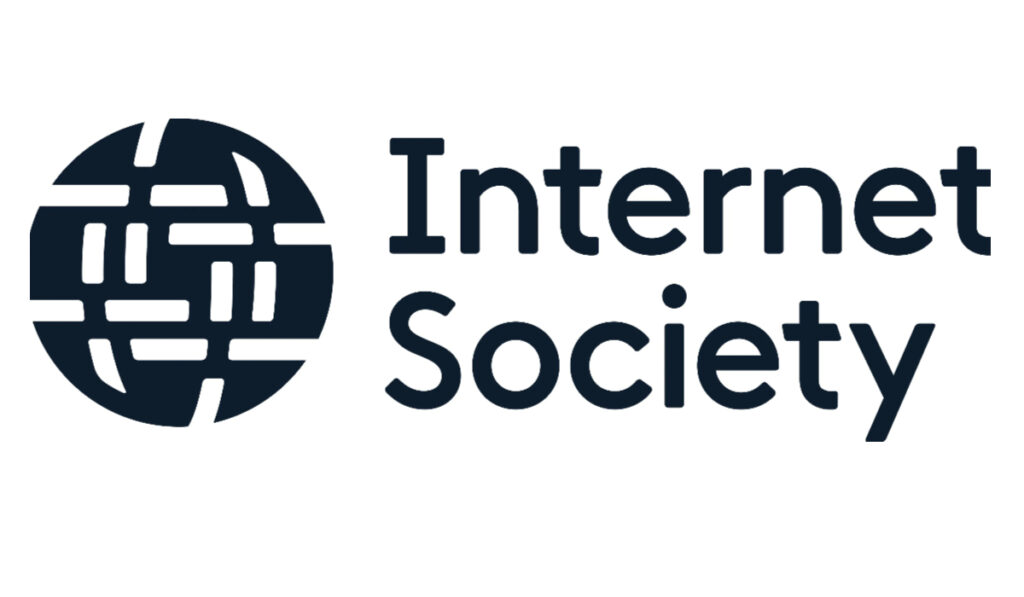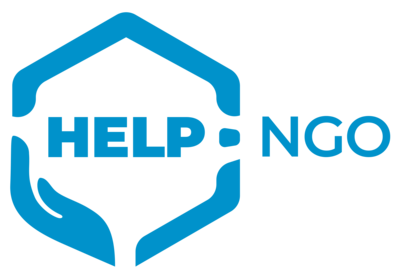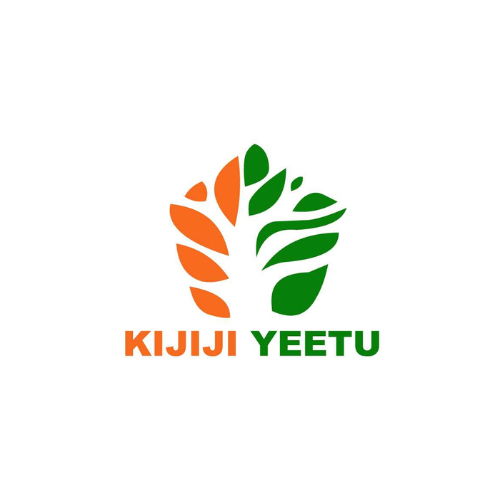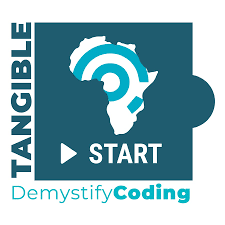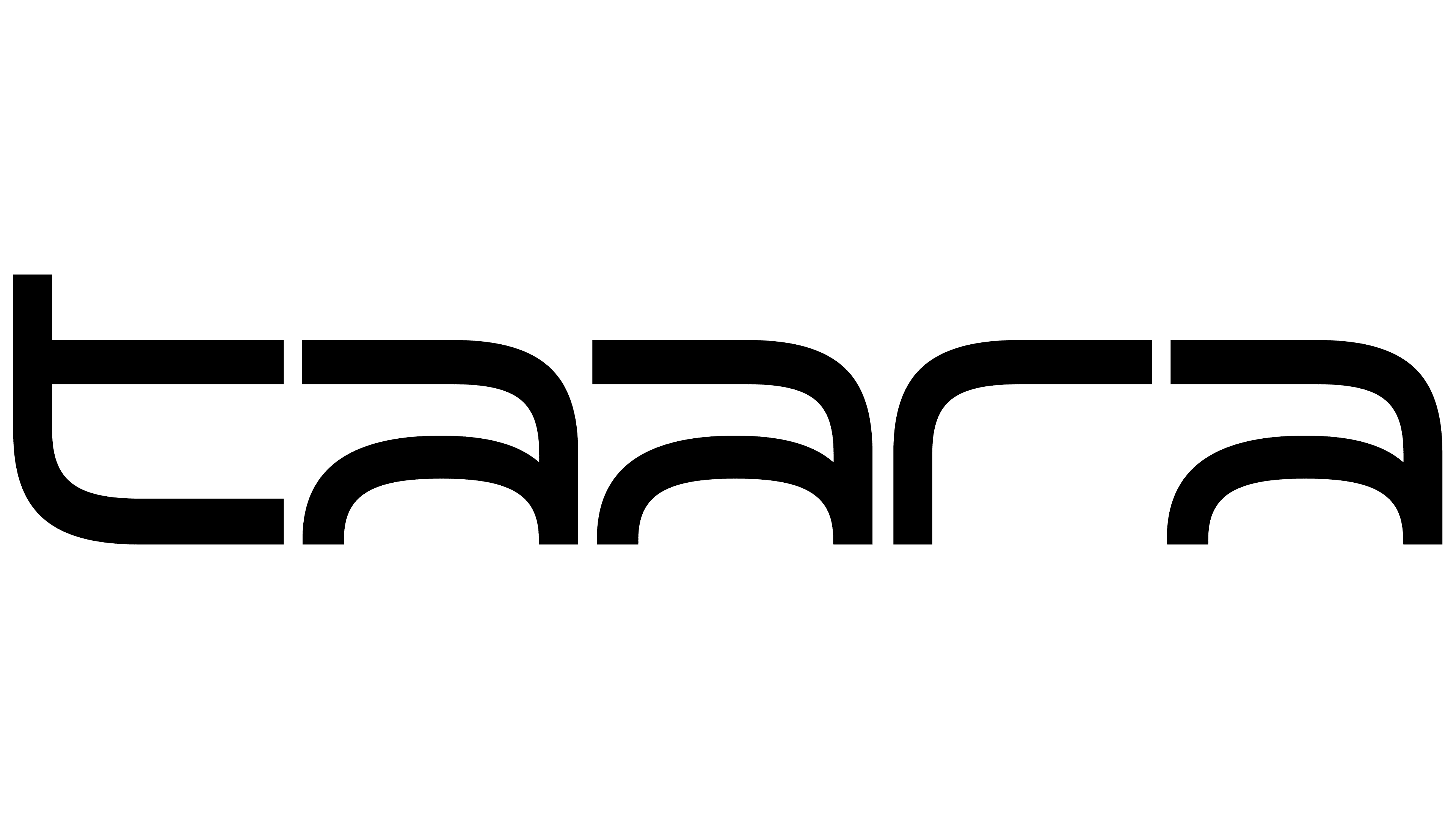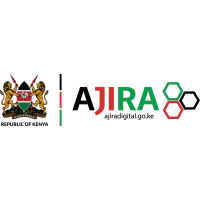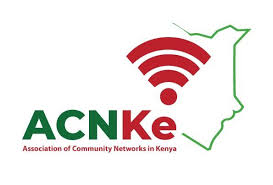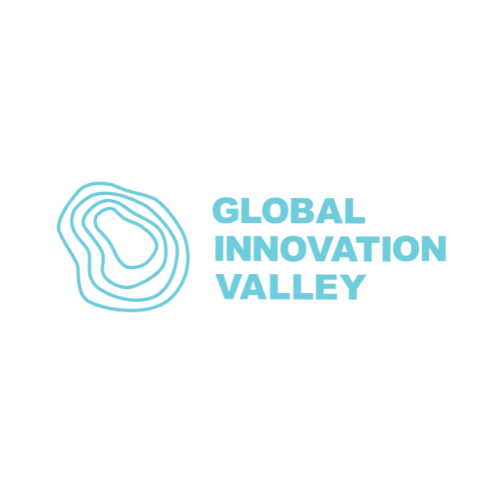Youth Trained
Individuals Connected
Active Projects
Years of Impact
About Us
Empowering Africa Through Digital Inclusion
Vision
A connected Africa where every individual in rural and marginalized communities thrives in the digital world.
Mission
Provide digital literacy, affordable internet, and inclusive resources to drive socio-economic growth.
Commitment
Deliver accessible infrastructure and programs that transform lives and catalyze sustainable development.
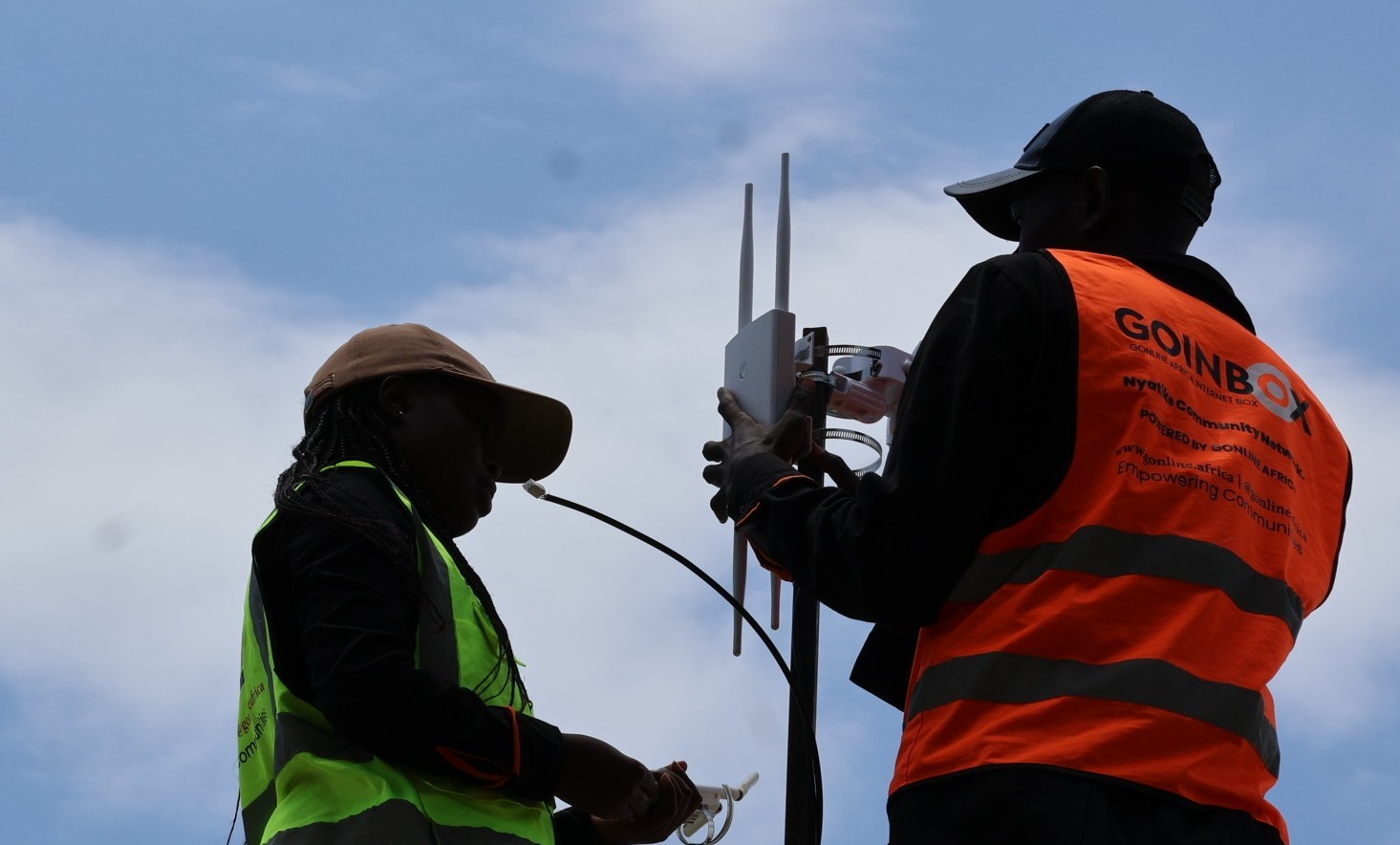
Addressing the Digital Divide
Over half the world's population lacks reliable internet access. In Africa, barriers go beyond connectivity:
- Affordability: High costs of devices and data.
- Digital Skills Gap: Low literacy limits meaningful use.
- Relevant Content: Limited local-language resources.
- Socio-Cultural Barriers: Traditional biases against technology.
We tackle these head-on to create lasting change.
Our Featured Projects
Transforming Lives Through Digital Inclusion & Innovation
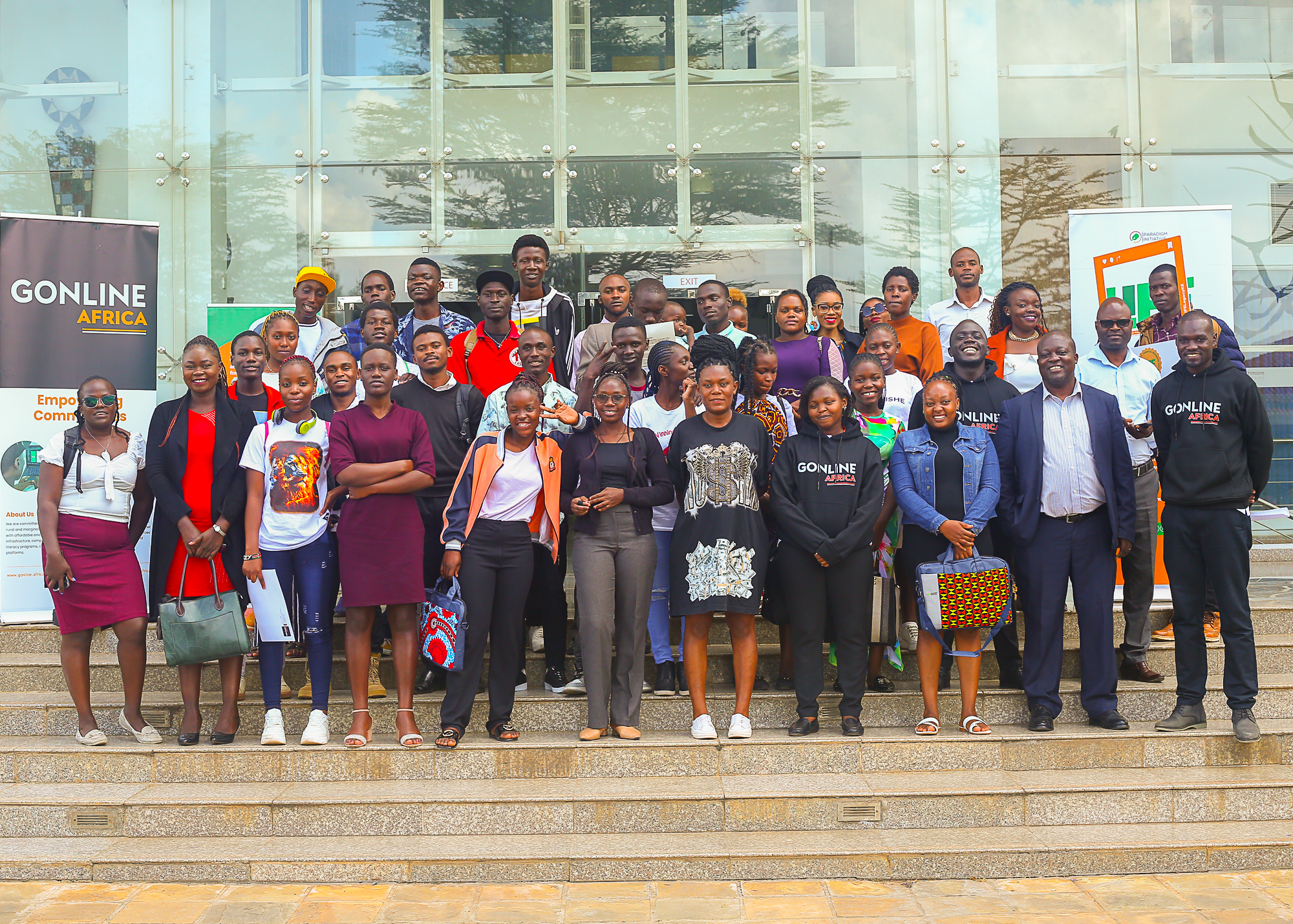
LIFE Legacy Training
Empowering underserved youth with demand-driven ICT skills, entrepreneurship, and pathways to sustainable income.
Learn More
Gonline Africa Stars (GAS)
A unique program blending technology, sports, and digital literacy to nurture talent and inspire innovation among rural children and youth.
Discover More
Nyatike Community Network
Delivering affordable internet to remote Nyatike via GOINBOX hotspots, connecting schools, health centers, homes, and empowering local entrepreneurs.
Explore
NoSHUT Initiative
Advocating for open internet (#KeepItOn #NoShutInternetAfrica) and training vulnerable communities, including refugees, to navigate shutdowns.
Learn More
IKNOWHER Initiative
Empowering young women and girls from rural and marginalized communities to excel in technology, leadership, and digital innovation – bridging the gender digital divide.
Learn MoreOur Partners & Supporters
We collaborate with visionary organizations to bridge the digital divide and empower African communities.

